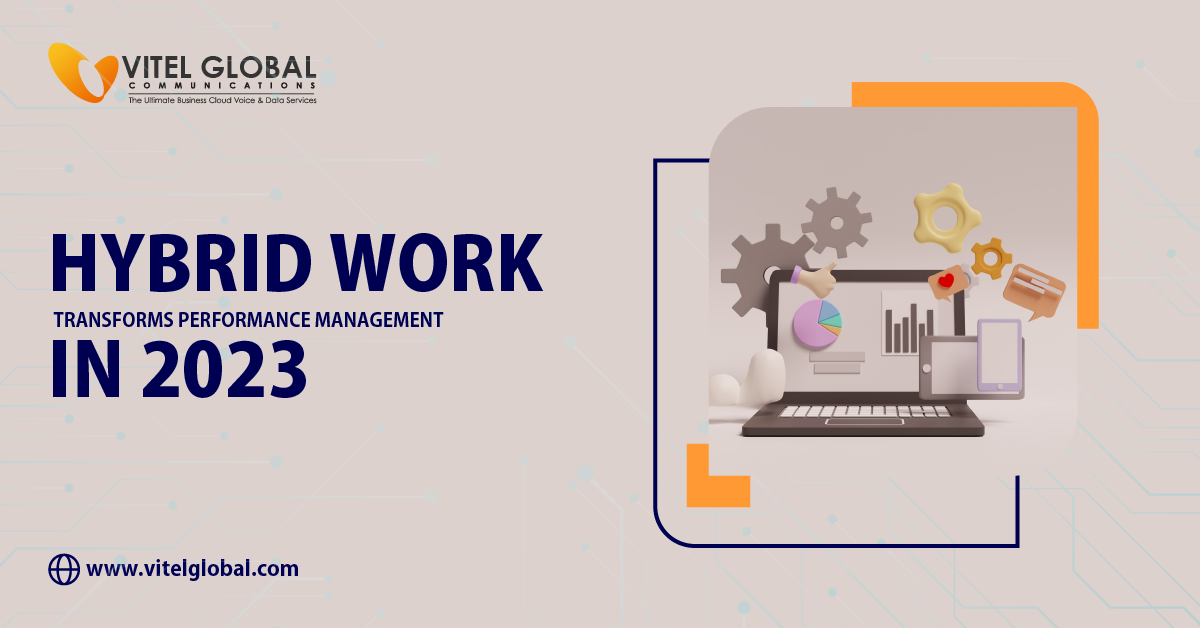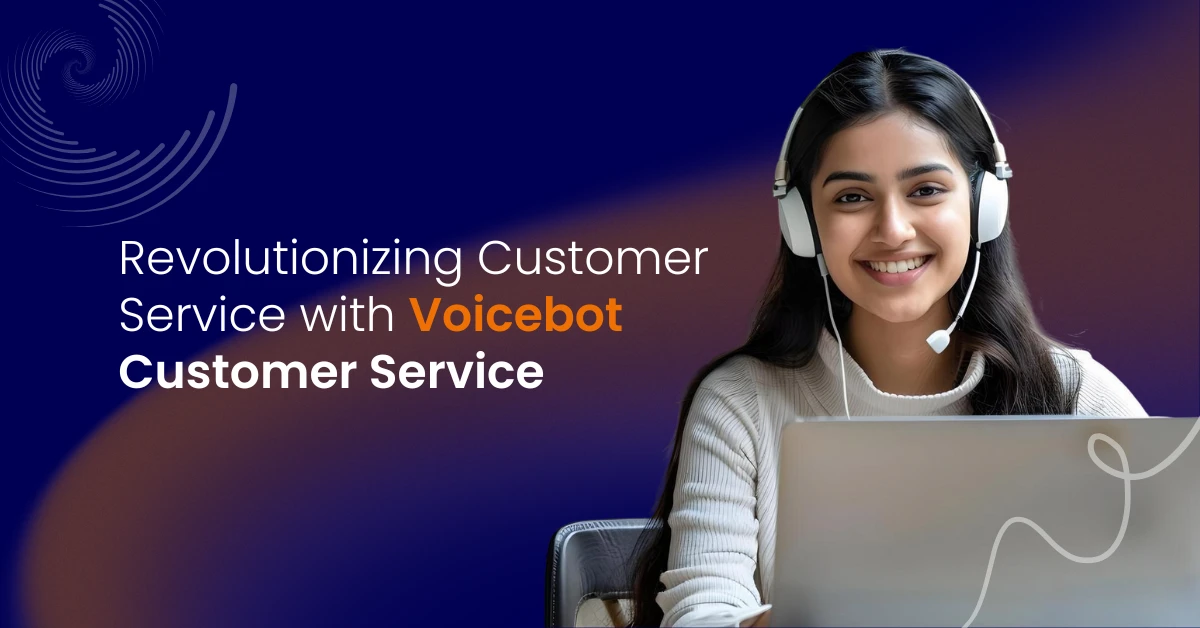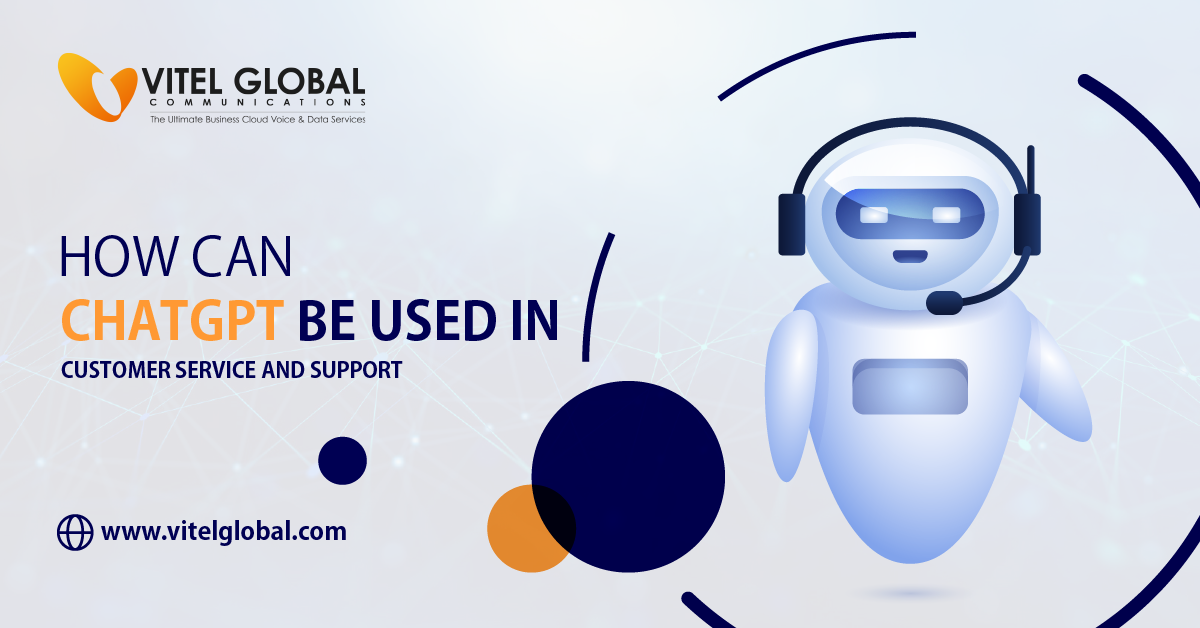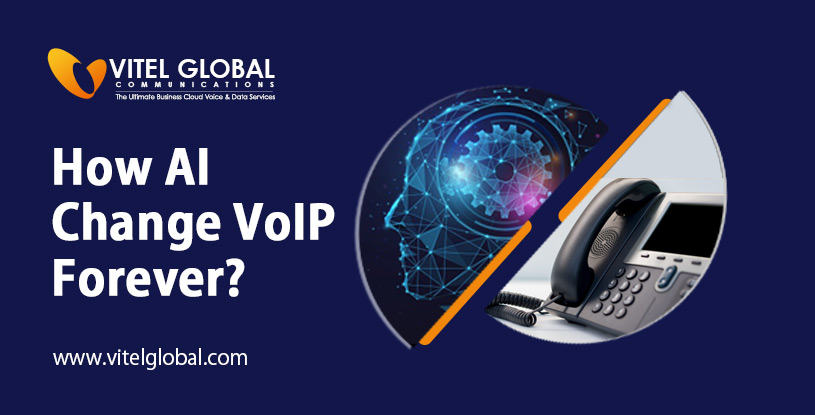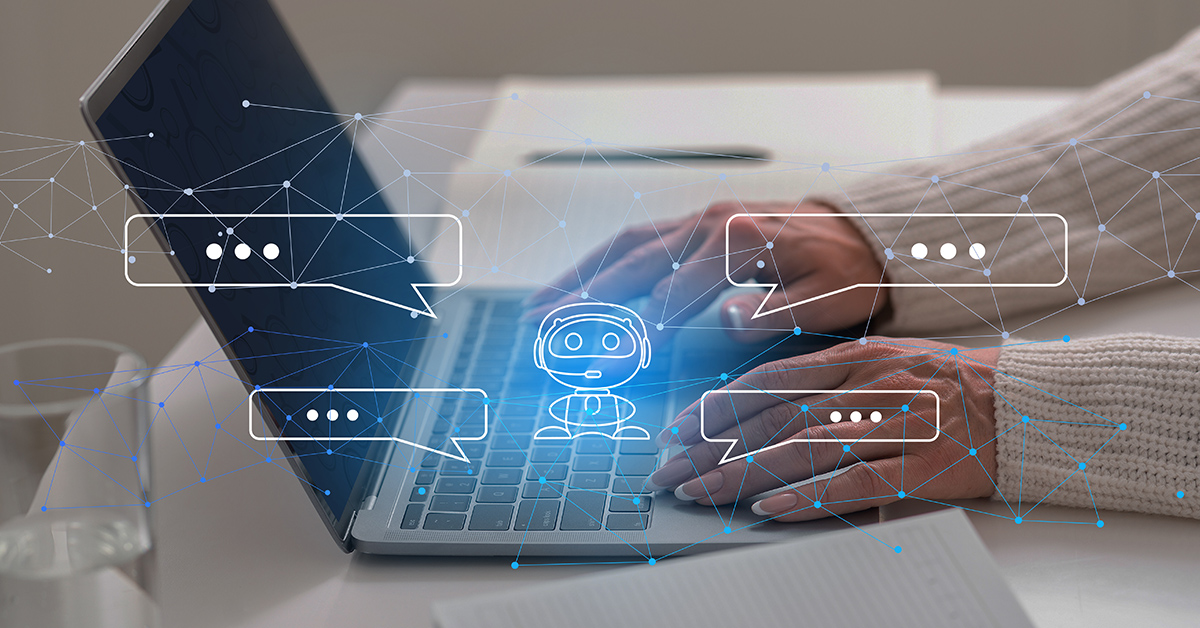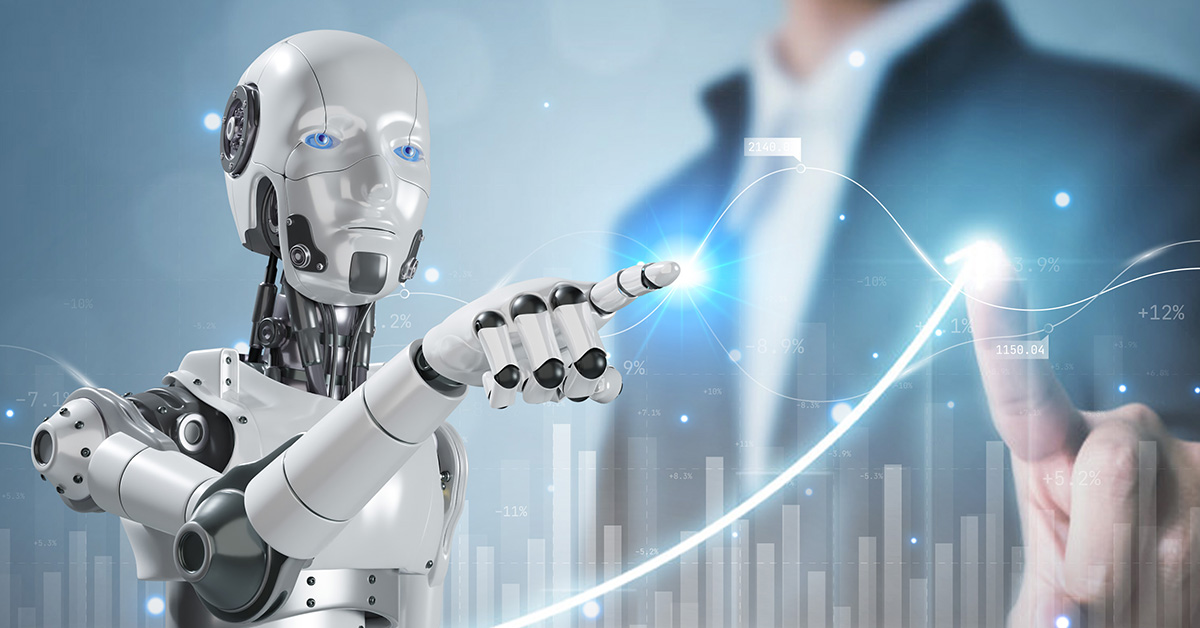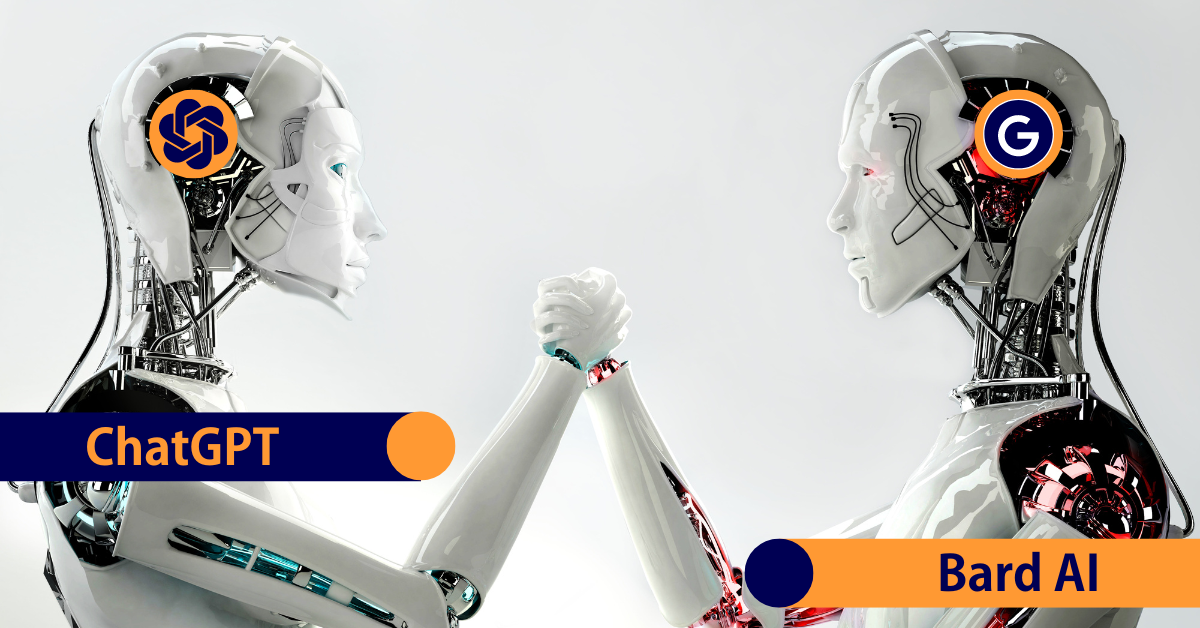Artificial Intelligence: How Does It Impacts The Future Of Work?

6 min read
Table of Contents
This blog post is meant to introduce the reader to the big idea of a technological revolution called Artificial Intelligence and its impacts on the Future of Work.
Soon, many jobs will be replaced with automated systems. And while it’s true that some of these jobs will be eliminated, in others, a human must still be in charge of overseeing the system. It can either be for supervising its work or setting the system up to ensure it is doing things correctly.
Here we will discuss what Artificial Intelligence does, how it works, and its various uses in today’s society. Discusses on what factors are changing and their effect on future work because of AI.
The blog will also explore its effects on the future of work and how humans can survive this technological revolution with little disruption to our daily lives.
For example, an autonomous car can drive itself, but it needs a connection to a live person to tell it what’s going on, on the roads and close any barriers that appear while driving through construction zones. A player may be able to play poker against a computer, but they can’t always trust the computer not to cheat. If they can’t trust the computer, they will assume its cheating and refuse to play against it.
Computers are not reliable in all cases. The more complex the algorithm, the more time it will take to ensure everything works well.
How AI Algorithms Work?
Algorithms are super complicated, and to ensure they work correctly, humans need to check for errors and make corrections in case of some glitch (not unlike how maintenance work on old cars had mechanics strapped with ropes underneath them). And even though the algorithms are very complex, the fact is, most of us could be better at math.
But aside from complexity, algorithms also have another problem: they sometimes learn better than we might have hoped.
For example, a chess computer doesn’t typically win by thinking, “I’m going to move this piece here so I can get a checkmate.” Instead, it moves some pieces to get its king in a better position to attack and ensure it can checkmate when the time is right. People often say computers aren’t very smart, but this would be an error.
Artificial Intelligence has come a long way in development in the past few years. With the recent rise in AI, many people believe it’ll eventually replace human employment.
How Will Robotics Change the Future of Work?
Research on how AI tools are changing our work found that they are more likely to change certain aspects of our jobs than entire jobs themselves. One example of this is shopping bots. These tools aim to make online shopping easier by helping us compare products and place orders without contacting a customer service representative.
It’s no secret that we’re on the cusp of a technological revolution. With artificial intelligence tools like machine learning and deep neural networks, it has changed more in the past 15 years than it has in the previous 100. One of the most worrisome consequences of these advances is that they drive down demand for human labour everywhere, from fast food restaurants to classrooms.
To stay ahead, you’ll need to invest time and money into your skillset to ensure you’re an indispensable employee before this trend becomes universal.
Can AI replace Humans?
For now, experts agree that there are jobs that they will never replace. For instance, these include jobs that involve creativity and emotional responses – specifically sales and nursing. It is because AI is not capable of replicating human emotion and intuition. For example, an AI family doctor can give a very accurate diagnosis. Still, it will never be able to provide a patient with the emotional response they need to get better.
Experts also agree that using AI in jobs that rely on manual labor will improve productivity and hence make up for unemployment as people move up to better jobs. A general rule of thumb among professionals is that if a job involves primary data collection and data processing, there’s a good chance it will take over.
There is also another theory; technology has assisted in creating new jobs as well before replacing the existing ones. For example, companies replace many workers with one person in charge of maintaining the network for smooth operations with the invention of the internet. However, one person will have much less work to do compared to the old days.
How AI is used in the Workplace?
Let us learn how it will be used in the workplace and how developer tools are transforming how it is being built and applied.
If you’re reading this article, you’ve heard of computers outsmarting people at chess. You may even have seen movies depicting armies of robots battling one another in apocalyptic wars.
For one thing, deep learning algorithms have made it possible to create software that can perform tasks usually done only by humans. They’re doing a better job than humans at showing us advertisements, filtering our email and recognizing faces. We interact with these programs every day and don’t even realize it.
In the past, AI was considered a smart “digital assistant,” but developers are quickly approaching more advanced forms of AI capable of making more independent decisions. It isn’t to say that it will soon take over all jobs – far from it – but these new systems will have massive impacts on how we work, just as they’re already changing daily lives.
It’s easy to think of these developments in terms of blockbuster movies and science fiction, but there is real potential to transform the workplace radically.
Many current skills workers require machine-learning-enabled, but they must still be replaced. Millions of us are still doing the same tasks we did a decade ago, and we’re facing a slowdown in hiring that’s causing businesses to scramble for talent.
Benefits of Using AI in the Workplace
We live in the future when business concerns more than just the bottom line. Technology is changing how we communicate with customers, collaborate internally, and complete our tasks. Artificial intelligence is one of the most promising and exciting trends in business today.
You may be asking yourself what artificial intelligence means for you, your industry, or your company’s future. For example, you may need to become more familiar with machine learning or deep learning terminologies. But the future of technology is at your fingertips, and AI is the next step in business.
Artificial intelligence will provide us with tools to make better decisions and manage our businesses more efficiently. And help us connect with customers in ways we never have before.
AI uses advanced computer technology to make decisions based on the data which is in the environment. It may mean what you order at the restaurant when you leave work or how much money you should spend on a house. Businesses use this technology to improve their performance and create customer success.
AI organizations can provide superior service and benefit from increased productivity and innovation.
AI is already being used to power the technology we use at home, in the driverless car, and now inside our businesses. It is being used to provide added safety and efficiency in many industries by providing the following features.
- Productivity: Making AI work for your organization increases productivity and helps in the growth of your business.
- Efficiency: Its driven services will be available 24/7 to answer customer questions and clear their doubts. It can save time and resources.
- Solving complex problems: AI can also do a more complex tasks; advances in machine learning mean
- Innovation: It helps organizations innovate towards success.
How Does AI Affect The Future Of Work?
Artificial Intelligence has arrived with a bang, changing industries for the better – from healthcare to transportation and even education. In a way, technology has been predicting the future of work for quite some time. And now it is here to stay. It is transforming industries and creating new ones in its wake.
Only few people know exactly how this new technology will affect them and their lives outside of work.
Future of work framed as an option as world both adapts to new technologies and creates new jobs or doesn’t. Though this may be true for some, it’s not necessarily the whole story.
This raises lot of questions on how AI, robotics, automation, and technology affect workers and how they can work together to create new – often better – types of jobs.
If Artificial Intelligence is coming, then that means it will impact the future work of people. That also means that it will affect the future careers of those who want to be in Artificial Intelligence.
Conclusion
It can benefit your business if you want to change how you operate. It’s a powerful tool that allows companies to get better results from their employees and provide added value for their customers.
With replacement of few employees and rapid change in technology shaped the future of work globally.
AI can make it easier for the industry to recognize and address issues more effectively.
Finally, with many Artificial Intelligence benefits, it will remove ordinary human employment but increase the career prospects in the specific industry.
Published: March 8th, 2023
Subscribe to Our Latest Updates
Get monthly product and feature updates, the latest industry news, and more!

